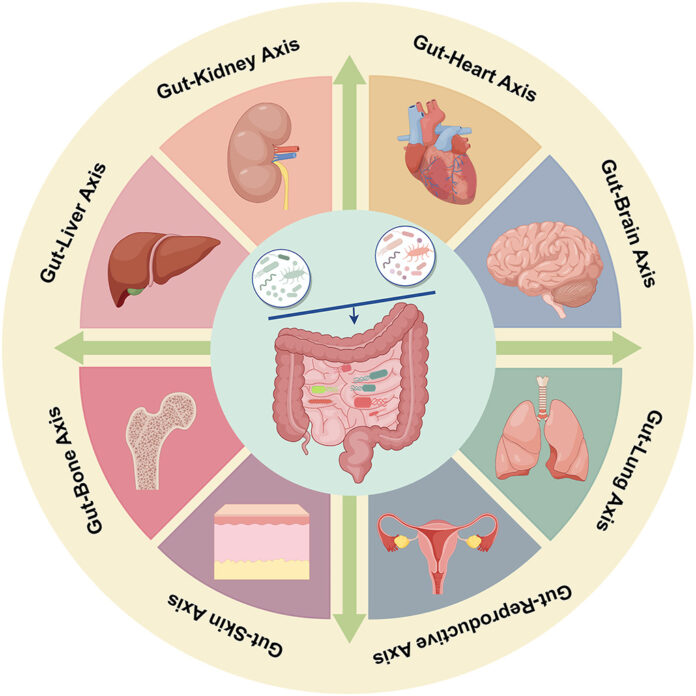Emerging discoveries are reshaping the understanding of heart failure, highlighting the crucial role of gut microbiota in disease progression. The intricate relationship between gut health and cardiovascular function is becoming increasingly evident, revealing a bidirectional interaction known as the gut-heart axis.
This dynamic connection suggests that imbalances in gut microbiota composition, known as gut dysbiosis, may contribute to cardiac dysfunction, inflammation, and metabolic disturbances that accelerate heart failure.
The decline in beneficial gut bacteria and the overgrowth of harmful microbial species can lead to increased intestinal permeability, allowing toxic bacterial byproducts such as lipopolysaccharides to enter the bloodstream. These endotoxins trigger systemic inflammation and contribute to cardiac remodelling, a key factor in the worsening of heart failure.
In addition, gut-derived metabolites, including trimethylamine N-oxide (TMAO), bile acids (BAs), and short-chain fatty acids (SCFAs), exert profound effects on cardiac metabolism, vascular function, and immune response.
Elevated TMAO levels have been linked to an increased risk of atherosclerosis, myocardial fibrosis, and poor cardiac outcomes, while SCFAs have shown protective effects by reducing inflammation and improving energy metabolism in the heart.
Therapeutic strategies targeting gut microbiota modulation are gaining momentum, offering innovative approaches for managing heart failure. Probiotics, dietary interventions, fecal microbiota transplantation (FMT), and gut-targeted drugs are being explored to restore microbial balance and enhance cardiovascular health.
Emerging evidence suggests that probiotics may help regulate immune function and reduce inflammation, while FMT holds promise for reshaping the gut ecosystem to improve cardiac function. Dietary interventions, particularly fibre-rich and Mediterranean diets, have demonstrated benefits in fostering healthy gut microbiota, which in turn supports heart health.
As research continues to uncover the complex interplay between gut microbiota and heart failure, the development of personalised gut-targeted therapies may transform the landscape of cardiovascular medicine.
The potential to harness microbial modulation as a tool for preventing and treating heart failure opens new doors for precision medicine, aiming to improve patient outcomes and quality of life.





